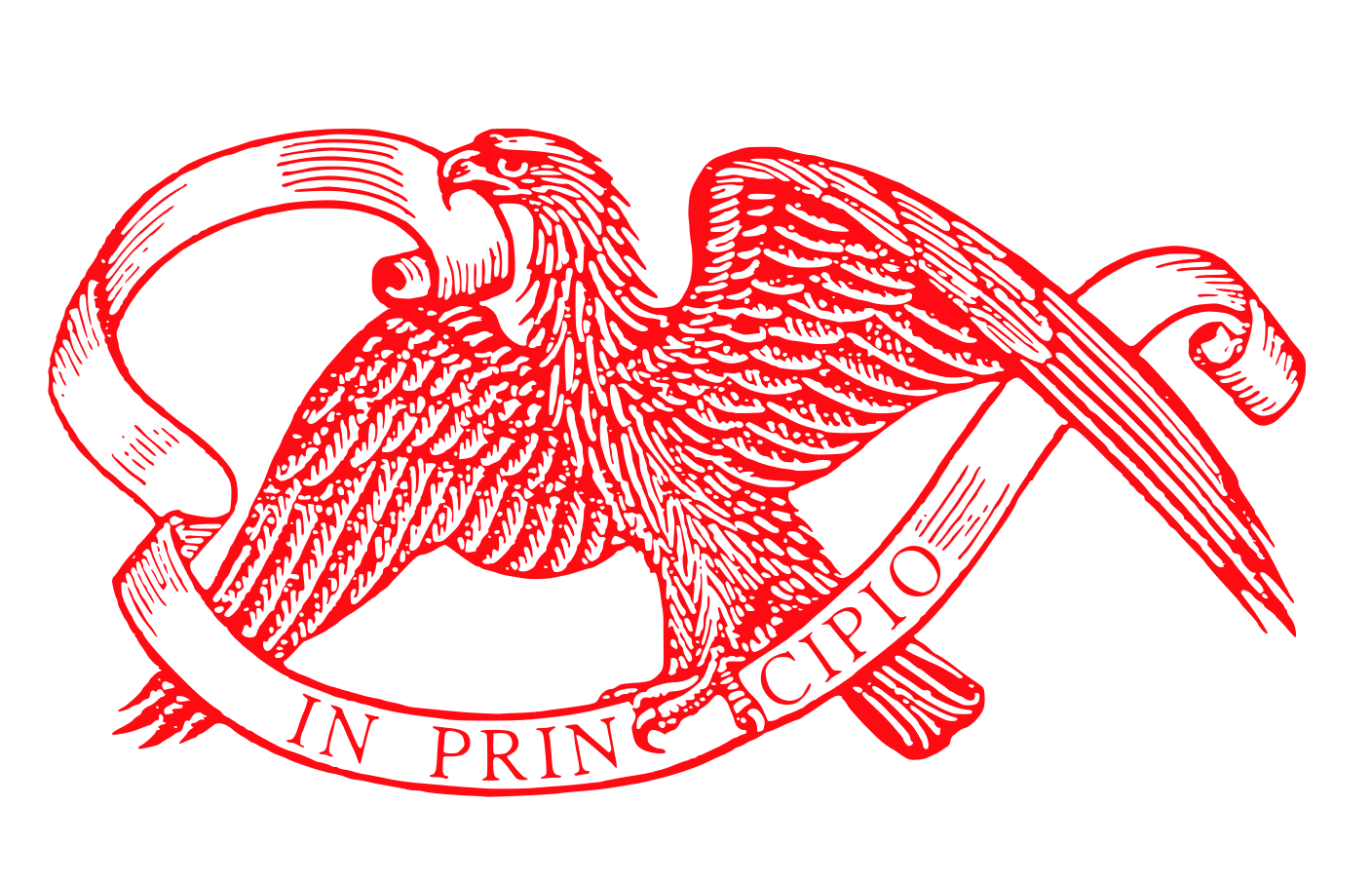Change, continuation and adaptation
Every change in general, and in leadership in particular, in any given organization brings its share of hope and of anxiety.
Hope, because change may be perceived as enabling things that were heretofore either impossible or difficult to
implement.
Anxiety, for two different yet maybe not unrelated reasons. The first has to do with the fear that change may have an impact on the core beliefs and practices held up to that point, or the fear of losing, in part or in totality, the essence or the nature of the organization that has defined it so far. The second has to do with the fear of losing a certain level of comfort that habits have allowed to develop over time.
Both hope and anxiety are normal reactions to any change. And since they are normal, they are to be taken into account.
Saint John the Evangelist has, from its creation, distinguished itself through its theology, liturgy and music. Although firmly Anglican, it has, from the beginning, been rooted in the unbroken and millennial Catholic tradition of the Church, a tradition not only exemplified by outward practices, but made alive by the orthodoxy of its beliefs, by its devotional life and by its sacramental approach to the mystery of God. The hope here resides in the will to preserve this sacred deposit. The anxiety, in the possibility of losing even only parts of it.
Continuation is key if we want to be faithful to our roots and to the essence of Saint John the Evangelist.
But what of change?
Change is necessary in any organization, if only because the world around us changes and presents challenges that we never had to face before. As our mission is to bring the Good News to the world, we need to understand where the world now stands, and how it works in order that this Good News which Christ commanded us to share, may reach it and be received.
Change is also necessary in order to meet our own challenges: how to keep the building? How to maintain and develop the community? How to strengthen our faith and the love that binds us to Christ and to one another? How to ensure the beauty of holiness of our worship of God within the frame of the great traditions of the Church?
A change of leadership should contribute to enable positive and necessary evolution while preserving what makes the organization what it is. A new leadership at Saint John the Evangelist must be in keeping with, and draw from, those that preceded it. It should be wisely inspired by the determination manifested by Edmund Wood in establishing and defending the Anglo-Catholic form of worship in a diocese whose ethos was then shaped by a «Northern Ireland» type of Protestantism. It must take into account the shaping ministries of Paul Busing, William Davison, Arthur French, Harold Hertzler, and Oswald Slattery that enabled the development of Saint John’s — its opening to diversity and its keeping of the great traditions of the Catholic Church. It ought to try to avoid the pitfalls of ministries that unduly generated bitterness and resentment. It should also be in continuation with the enlightened, positive and community-building ministry of our recently retired Rector, The Rev. Canon Keith Schmidt.
Change works when the sense of hope it generates is greater than the fear of loss it may provoke. Change works when all those involved in it decide to work together with openness, honesty and Christian charity. Change also works when, accepting to be led by the Holy Spirit, we allow ourselves freedom to adapt to new realities.
At the dawn of this new period of change for Saint John the Evangelist, let us pray that we will approach it with these very qualities.
Assist us, O Lord, in looking hopefully into the future.
In the face of change, help us to set unnecessary fears aside and to recognize our potential for creative response.
Help us to develop a reasonable optimism when confronted by the new and to guard against our own defensiveness.
Be with us as we celebrate the great traditions that have shaped us, and keep us from that which may hinder the work you are setting before us in our time.
Through Jesus Christ, our Lord. Amen.
